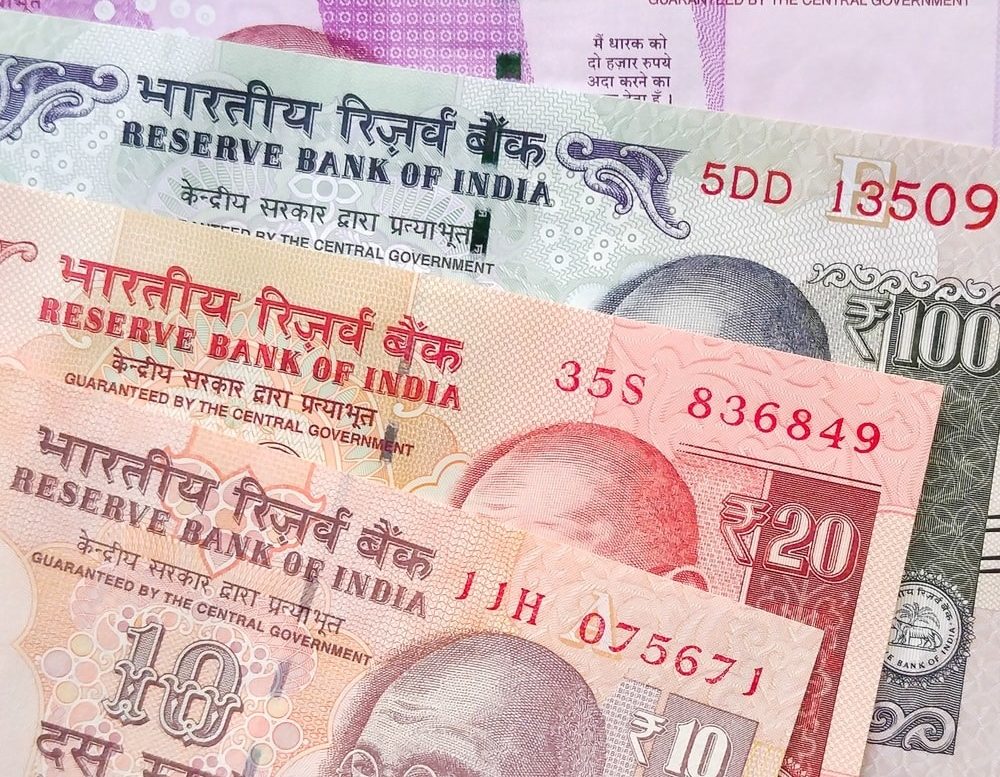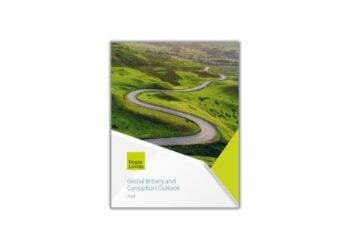Digitization through Demonetization in India
India’s government decided in November to demonetize 86 percent of its currency in order to fight corruption. As the country moves toward a cashless economy, risks around the black market, cash stashing and tax evasion will plummet. But anti-corruption legislation only goes so far; a change in social behavior is also necessary. Abhishek Bharti explains.
To clamp down on systemic corrupt practices in an organization, an executive charts the future of an organization with high-stakes bets. It could be a pure gamble, pure risk, since it’s about overturning the culture of an organization he/she leads. Now, replace the organization with country (i.e., India), and executive with government.
November 8, 2016 will be remembered as a defining moment in India’s recent efforts to fight against corrupt practices and corruption in general. The government of India decided to demonetize 86 percent of its currency in circulation overnight. This was a special type of disruptive policy innovation, because what it aimed at destroying was a destructive creation, namely black money[i]. In one stroke, the move aimed at positive disruption to the cash-oriented black market economy to strike at illicit finance thriving on counterfeit currency, to further digitize the economy and to get the public onto the formal, taxable economic grid.[ii]
The whole transition as a result of demonetization has been challenging, from the inconvenience caused to the common man to the supply of currency denominations from the Reserve Bank of India, and it’s obviously important to understand the pains and challenges of this notable change: It should be seen as an opportunity or a game changer, because there is a potential in this move to bring about a change in behaviour.
From the above-mentioned aims of such a move, I will confine myself to the aspect of behavioural change toward curbing corruption through digitization. Digitization through demonetization can be seen as an attempt to persuade the people to use technology and to rely less on human interface to curb the ill effects of corruption. The main aim is to make the economy cashless and thereby rein in corruption. The move to incentivize digital payments has the potential to offer strong support to the ongoing efforts in helping the economy to leapfrog the cash generation to digital payment solutions.
Digital transactions can be traced back to identify the payer as well as the payee. This promotes transparency and eliminates chances of dubious monetary transactions. These kinds of transactions keep the money in the financial/banking system, which is beneficial to the economy because the chances of creating a parallel or shadow economy are nearly eliminated. Anyone transacting in large amounts of cash will have to declare the source. When there is such strict accounting of every cent, people will think twice before committing any financial wrongdoing, including the evil of corruption.
In the past, India hesitated initially in transitioning from hard cash to the use of plastic money (debit and credit cards). This lag – and most importantly the behavioural change associated with it – may very well be observed even now when India is trying to move toward a digitally driven marketplace. In the long term, however, digital payments (a product of the drive to demonetize) would provide a thrust to the economy and, as a result, more informal methods of financial transactions are likely to migrate to the formal sector, leading to transparency, financial inclusion – both on the deposits and credit sides – and improved tax compliance[iii].
This is also an opportunity to usher in the change in policy innovation and to speed up efforts to affect financial and digital literacy by sensitizing the public to make use of these novel avenues.
Perhaps this is just the beginning of a revolution against corruption, but certainly it needed a spark, and only a disruptive policy innovation could have provided such a beginning. Change results in difficulties, but it also creates opportunities. This is the time to seize such an opportunity and to learn from the Indian experiment on the effective methods to fight against corruption.
[i] Ex-RBI governor Subbarao lends his weight behind demonetization, DNA India, 05.01.2017, http://www.dnaindia.com/money/report-ex-rbi-governor-subbarao-supports-demonetization-calls-it-special-type-of-creative-destruction-2289548, (Accessed February 4, 2017)
[ii] Shepard, W. After Day 50: The Results From India’s Demonetization Campaign Are In, Forbes, 03.01.2017, http://www.forbes.com/sites/wadeshepard/2017/01/03/after-day-50-the-results-from-indias-demonetization-campaign-are-in/#28c3bc73552e, (Accessed February 4, 2017)
[iii] Suri, Y. Demonetization – An Opportunity to Curtail Black Money and Promote Digital Payments. NITI Aayong, 2016, http://niti.gov.in/content/demonetization-%E2%80%93-opportunity-curtail-black-money-and-promote-digital-payments (Accessed February 1, 2017)










